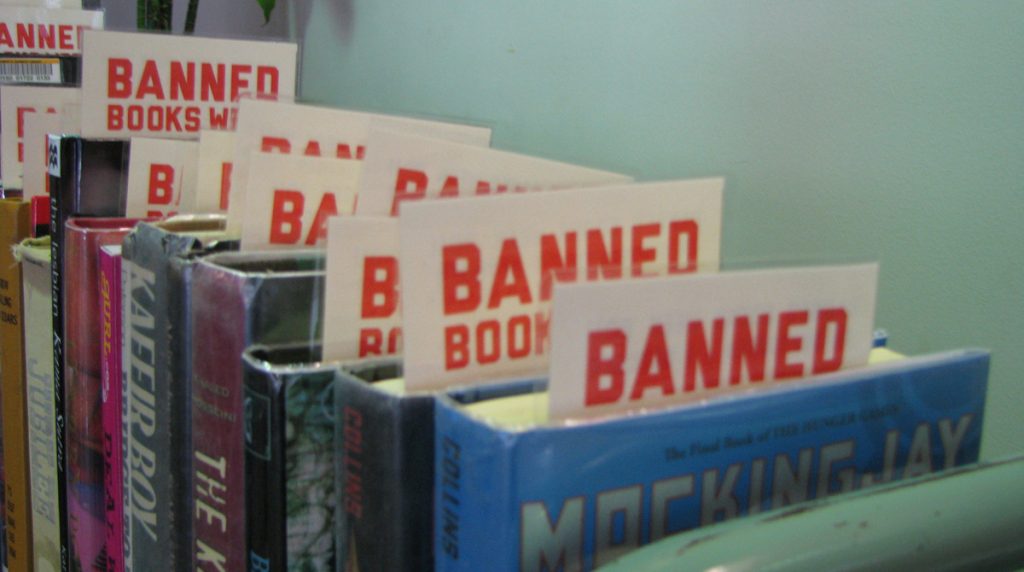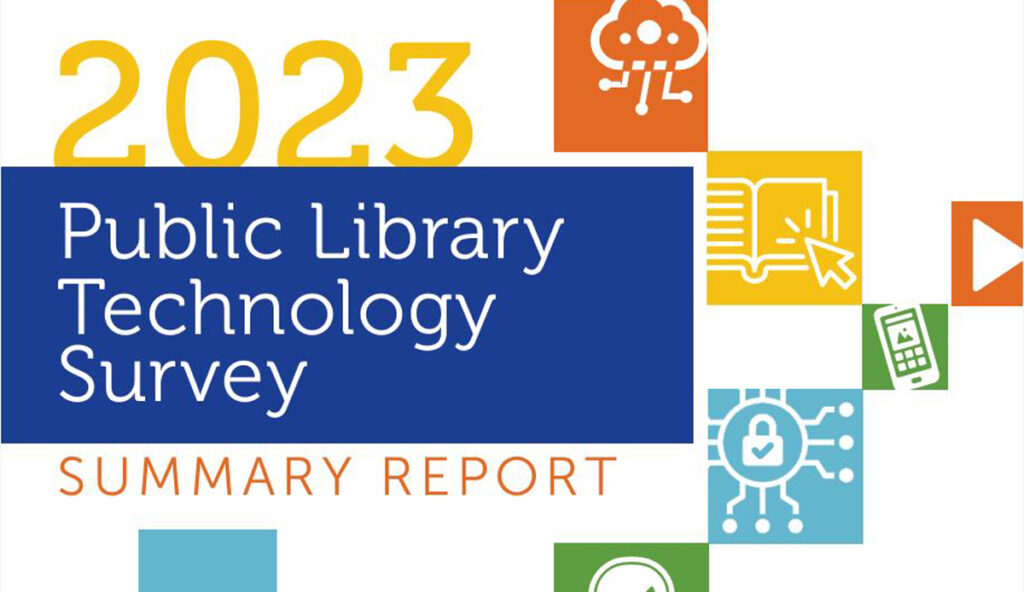George M. Johnson knows about book bans. Their book, All Boys Aren’t Blue (Farrar, Straus and Giroux, 2020), has been frequently challenged in schools and libraries throughout the U.S. and appears on the American Library Association’s Top 10 Most Challenged Books of 2021 list. Johnson is serving as honorary chair of Banned Books Week this year, and they are using their honorary chair position this week to try to ensure that all kids have access to books and materials that represent them.
“This is not an issue around parents’ rights. Nobody is saying that certain parents can’t say, ‘Hey, I don’t think my child should read this book,’” Johnson told American Libraries. “What we’re trying to emphasize is that one parent doesn’t get to be the parent of all. Two parents don’t get to be the parents of every other child or every other teen and every other reader that needs this book. When you take a book out of a library, you’re telling those specific teens who know what’s in that book, who know that they are represented by that book, that their stories don’t matter and that their representation shouldn’t exist next to someone else’s child’s representation. That’s what we’re emphasizing this week. This is not us versus all the parents. This is a fight for those parents who want their teens to have a more diverse and robust learning and understanding of culture, race, and all those things.”
In All Boys Aren’t Blue, Johnson tells the story of their life growing up Black and queer in the U.S., while also addressing topics like racism, gender identity, toxic masculinity, brotherhood, family, and sexual abuse. They note in the book that they expected controversy and pushback due to some of the book’s content.
“I’ve lived in this country long enough to know what they’re going to accept, what the powers that be are going to accept, and what they’re going to try to deny,” Johnson said. “We are already living in a country where they are trying to have us not talk about slavery in schools. I knew that talking about the Founding Fathers and about presidents and their ownership of slaves and being critical of race—and about what it feels like when you’re going through spaces of whiteness as a Black person and also as a queer person—that it was not going to be well accepted by everyone. [Some] think that those stories shouldn’t be told and that we shouldn’t tell stories that, quote unquote, ‘make white kids feel bad.’”
Johnson said one of the reasons their book has been challenged is because it tells the unvarnished truth about growing up Black and queer.
“Realistically, I think my book just tells the truth about the existence of Black queer people—what it feels like to grow up and live at those intersections,” they said. “It gives a very raw account of that truth. In this country, many people have always been afraid of hearing the truth said so plainly and so boldly. There’s this thing in this country called “alternative history,” as well as spinning the truth or spinning the story. And this book does not spin the story. It says it, and it makes it very plain.
“The book also is for teen readers, specifically 14-to-18-year-olds. So many people feel that certain topics are too heavy for teens, even though we all know that teens are already experiencing many things that I discuss in the book. People just have this fear of giving the next generation of people who will run this country the actual truth of this country, because they may actually try to change it and fix it. They may actually have empathy toward people who are nonheterosexual, empathy for people who are nonwhite. As we have seen with many in the Gen Z movement, they are very determined, they have a lot of agency, and they’re very protective of the diversity of their generation. My book gives them a road map, and there is a real fear of giving teens an actual road map rather than having them walk this world aimlessly.”
Take action
Alarmed by the escalating attempts to censor books? Here are five steps you can take now to protect the freedom to read.
1. Follow news and social media in your community and state to keep apprised of organizations working to censor library or school materials.
2. Show up for library workers at school or library board meetings and speak as a library advocate and community stakeholder who supports a parent’s right to restrict reading materials for their own child but not for all
3. Help provide a safety net for library professionals as they defend intellectual freedom in their communities by giving to the LeRoy C. Merritt Humanitarian Fund.
4. Educate friends, neighbors, and family members about censorship and how it harms communities. Share information from Banned Books Week 2021.
5. Join the Unite Against Book Bans movement to learn what you can do to defend the freedom to read in your community.
Photo: Vincent Marc



